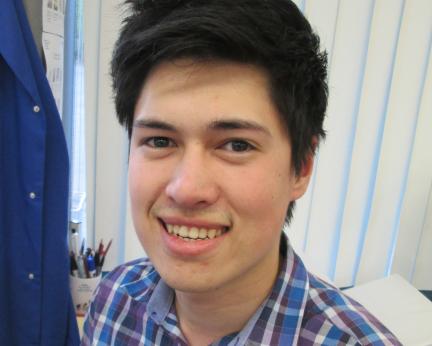Stephen's career in rehabilitation engineering has meant him being able to design and modify equipment to make the lives of young people easier and more fulfilling.
Real-life story - Stephen Luxton

Stephen Luxton
Senior specialist rehabilitation engineer
- Employer or university
- Chailey Heritage Clinical Services part of Sussex Community NHS Foundation Trust
- Salary range
- £30k-£40k
I am lucky to be able to see a parent's face as their child stand for the first time.




